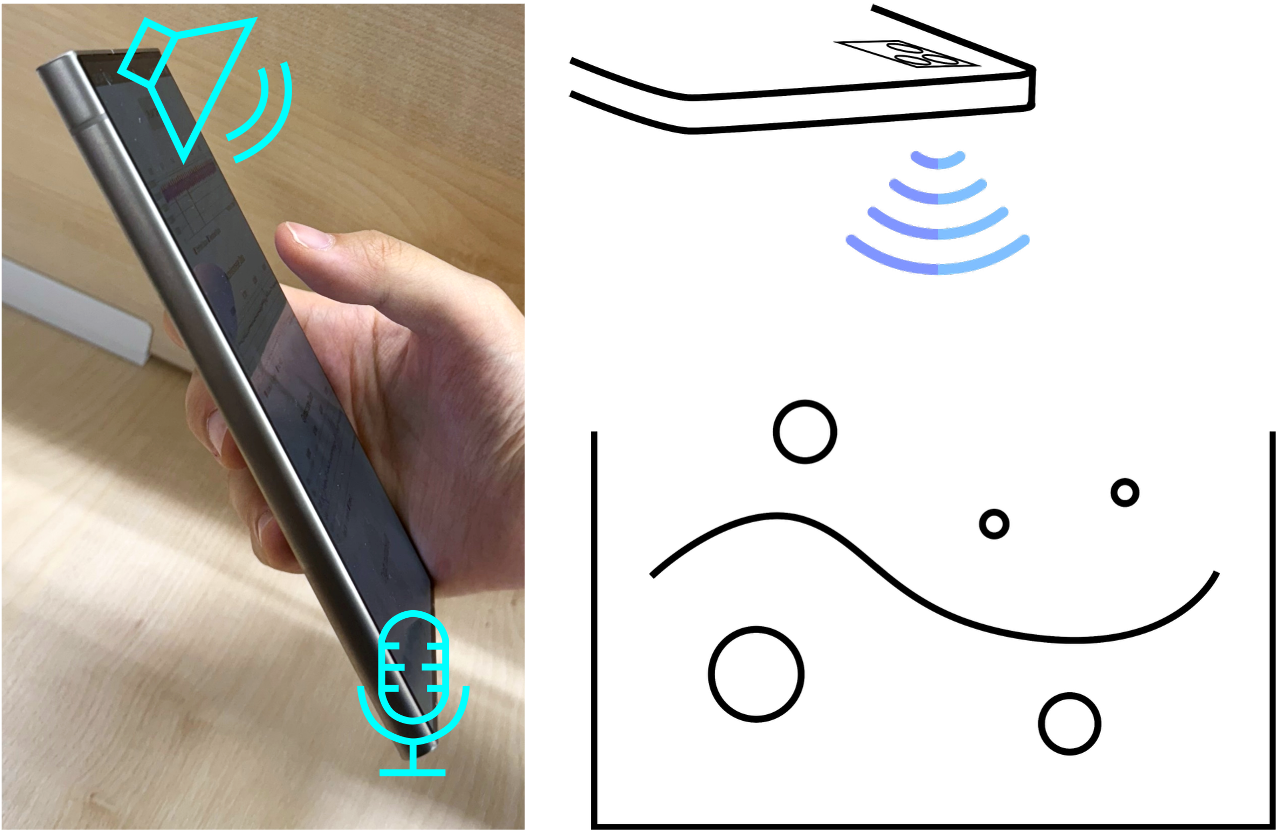Fault Detection and Diagnosis (FDD)
We focuses on developing advanced deep learning-based fault detection and diagnosis (FDD) systems for complex industrial equipment.
We aim to solve key challenges encountered in real-world settings, such as the scarcity of fault data and distribution shifts between training and operational environments.
Handling Data Scarcity
We develop algorithms that can detect both known and unknown fault types, even with very few faulty samples, by integrating open-set recognition (OSR).
Ensuring Robustness
We research domain generalization techniques to ensure our FDD models remain reliable and accurate even when operating conditions change.
Analyzing Complex Sensor Data
We apply deep learning to analyze multivariate time-series data from various sensors to capture subtle signs of failure early.
UWB Application
Head Orientation Tracking
Head orientation tracking determines which way a user's head is facing. For more accurate and energy-efficient performance on edge devices, we utilizes Ultra-Wideband (UWB) technology with an extended Kalman filter for calibration. This approach enables precise orientation tracking using solely UWB measurements.

Acoustic Sensing

- Aim to make everyday mobile devices be accurate, accessible for natural interaction and context sensing.
- Mobile systems that emits and analyzes sound waves by on-board speaker and microphone.
- Learning-based inference and real-time prototyping to achieve robust, power-efficient system.
